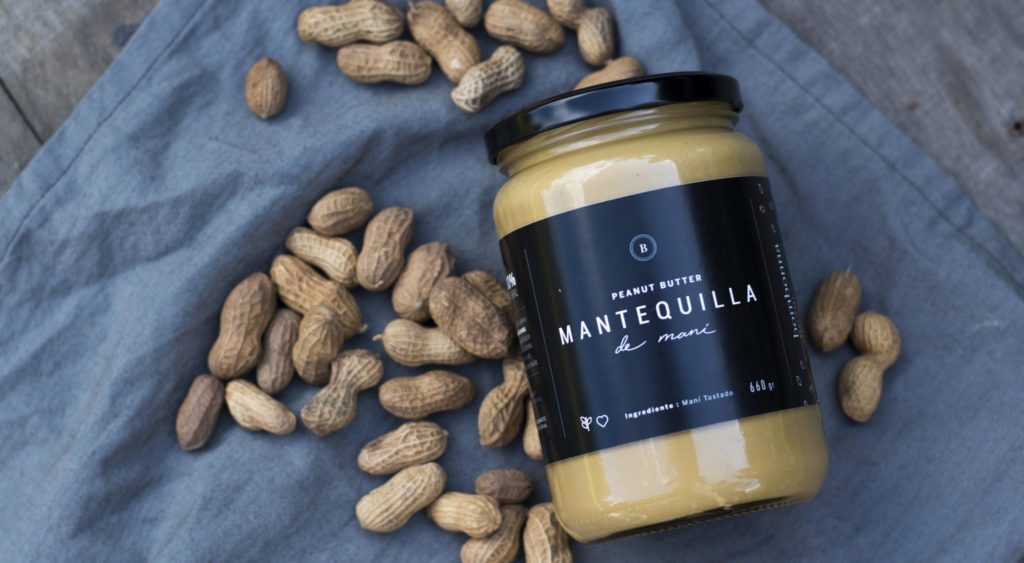
There’s an old saying: After people have forgotten what you said, they’ll remember how you made them feel. The same goes for your guests’ dietary requirements at events. If you take special care with their food, they’ll remember that you made them feel worthy. But lactose-intolerant vegetarians will also remember how you served them a ham-and-cheese sandwich with a big glass of whole milk. So whether you’re hiring a catering service or preparing the food yourself, you’ll need to know about dietary requirements. Are you hungry to know more about dietary requirements for events? Let’s cover some delicious data at the intersection of food and event organising.
Billetto is a ticketing platform that helps you manage, promote, and host events. Set up an event page and start selling tickets in 5 minutes.
CREATE YOUR EVENT >>

There are few events where you can’t serve food. Of course, some events can’t do without it. If you are trying to make a statement with a no-food gala dinner, you had better be one charming host. In general, food is good for celebrating. Tasty meals make guests feel good. This can cause them to loosen up and enjoy themselves more. But it’s true that longer events will stretch through mealtimes. In other words, the longer your event, the more likely it is you’ll need to provide food. Tip: Chew on some of these reasons to include food at your event.
So you’ll be serving food. But how do you ask about dietary restrictions? “Say, Greg, d’you mind telling me about all the foods that make you really sick? Just the ones that cause bloating will do for now.” Well, not like that. Thankfully, there is such a thing as a dietary requirements email template. This can make things a good deal easier on you as host. Generally, you’ll ask for a dietary requirements list somewhere in the registration process. However you send out your invitations, include a little note that you need to be contacted with any dietary requirements. This way, guests with broader diets don’t have to sort through an irrelevant series of food questions. Once you hear back from your guests, don’t forget to follow up and nail down all the details.
If you’re using a ticketing site for your event, you’ll often have the option to incorporate dietary questions directly into the checkout process. (For instance, here at Billetto we have a feature called “booking questions”. Organisers can collect extra info from their guests, including both regular and medical dietary restrictions. Handy!) Of course, all the info on the dietary requirements form is volunteered. Tip: Review the staples of good registration surveys, including how to properly glean dietary restrictions.

You never know when a guest might forget their own dietary restriction. That being the case, it doesn’t hurt to have a few safe options on hand. Otherwise, you’re on the receiving end of a lawsuit: Someone with a seafood allergy ate a shrimp at your event. She did not realise that it was a shrimp at the time. Try some of these:
These are typically pretty safe options. They are unmistakable in case someone present is allergic to any of them. And most guests with specific restrictions can reliably pick something safe to eat from among them.
Consider using food cards to indicate exactly what a certain offering consists of. If you use a catering service, make sure they are giving you the full scoop on the ingredients. If they are vague or unsure, it’s probably time to hit up a different caterer.
You can also prop up a handy little symbol key, then stamp specific symbols on the food cards. Green for vegetarian, yellow for vegan, and so on.
Take a few minutes to get familiar with some of the most common dietary restrictions. For further info and recipes that accommodate the listed restrictions, click the links below.
Lactose is a sugar in milk and other dairy products. This one isn’t usually going to be a life or death issue for intolerant folks. Consuming lactose tends to just cause them discomfort since their bodies are unable to digest it.
Vegetarians don’t sit about munching on dry leaves. In fact, there are a lot of convincing vegetarian imitation dishes. These folks do not eat meat of any kind.
Veganism is more of a lifestyle. Like vegetarians, vegans do not eat meat. They also do not consume or wear materials that come from animals. No leather jackets, no eggs.
Celiac disease is an immune disorder. You may know it as “gluten intolerance.” Victims cannot eat gluten or their small intestines will swell. This is not a good feeling.
This is one of the trickiest entries on the list. Rye, barley, wheat, and oats all contain gluten. This narrows the dietary options pretty badly. Thankfully, gluten-free pizza exists. Silver linings.
Tip: Check out this London catering service that provides a range of vegan, lactose-free, and gluten-free options.
Macrobiotic diets are tough to describe in brief. However, they basically focus on grain. They often include veggies and do not include most processed foods or animal products.
Paleo dieters admire the tastes of early humans. That means fish, meat, fruits, and veggies. Dairy and grain products do not usually make an appearance in these meals.
Adults tend to outgrow soy allergies, so it’s mostly kids who suffer. Soy may be famous for soy sauce, but it definitely makes the rounds. You can find it in soy milk, soy burgers, tofu, and plenty of other food materials.
There are two types of allergies here: Peanut and tree nut. The peanut allergy is definitely worse. Even a tiny bit of contact with peanut oil can set it off.
Always label food that has anything to do with peanuts. In fact, you may be better off avoiding peanuts, period: This is a very common allergy.

On the other hand, tree nuts can cause someone’s immune system to go overboard. That’s what happens in the case of a tree nut allergy, which can cause a dangerous reaction.
Diabetics can’t produce insulin. As a result, they must closely watch their blood sugar levels. Avoid foods high in fat and provide other options besides super-sweet food and drinks. (Diet soda is a simple alternative to its sugary cousin.)
Some guests of Jewish backgrounds may ask for kosher meats. Kosher meats must be specially butchered. Pork and shellfish are never kosher.
An Islamic dietary custom, halal food must be specially prepared just like kosher food. Alcohol and lard, for example, must not be used in the making of the food.
Billetto is a ticketing platform that helps you manage, promote, and host events. Set up an event page and start selling tickets in 5 minutes.
CREATE YOUR EVENT >>
When it comes to event food, communication and care are key. Use this guide to prepare and connect with your guests before the big day. Healthy guests, healthy events. Tell us about your favourite specialised meals in the comments below!




This site uses Akismet to reduce spam. Learn how your comment data is processed.